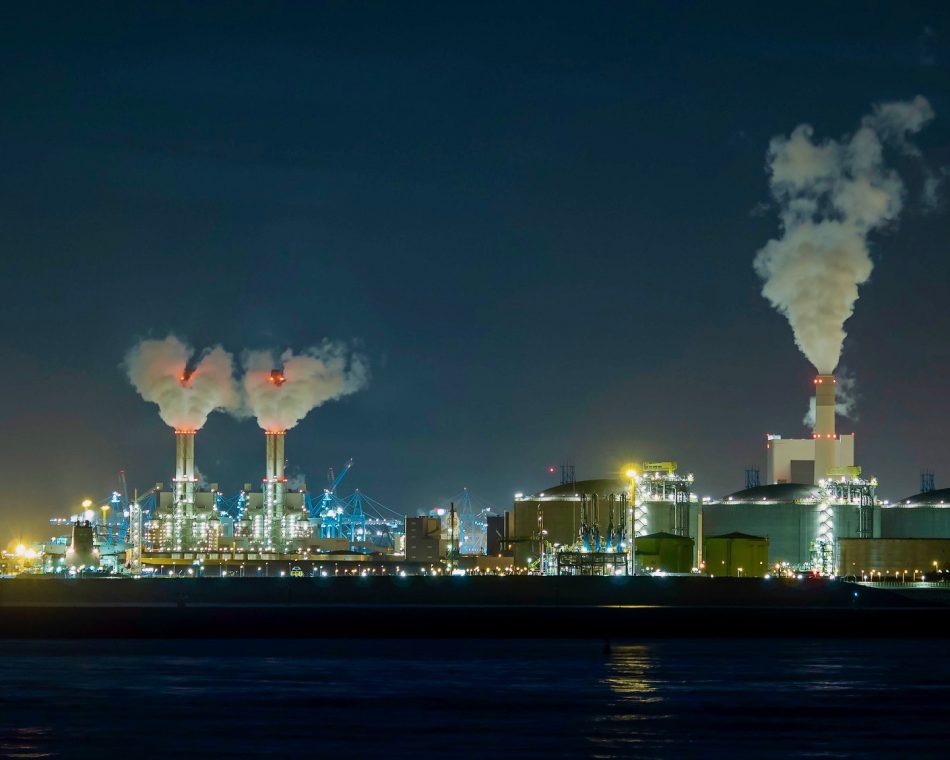WASHINGTON (AN) — A climate summit hosted by U.S. President Joe Biden ended on Friday with 40 leaders and dozens of companies pledging to decarbonize the world economy while giving a boost to the United Nations-led climate diplomacy track.
Biden's reversal of his predecessor's dismissal of the climate crisis culminated in the two-day virtual Climate Leaders Summit. It began on Thursday with his administration championing an end to all major economies' reliance on fossil fuel burning and other sources of heat-trapping greenhouse gases.









